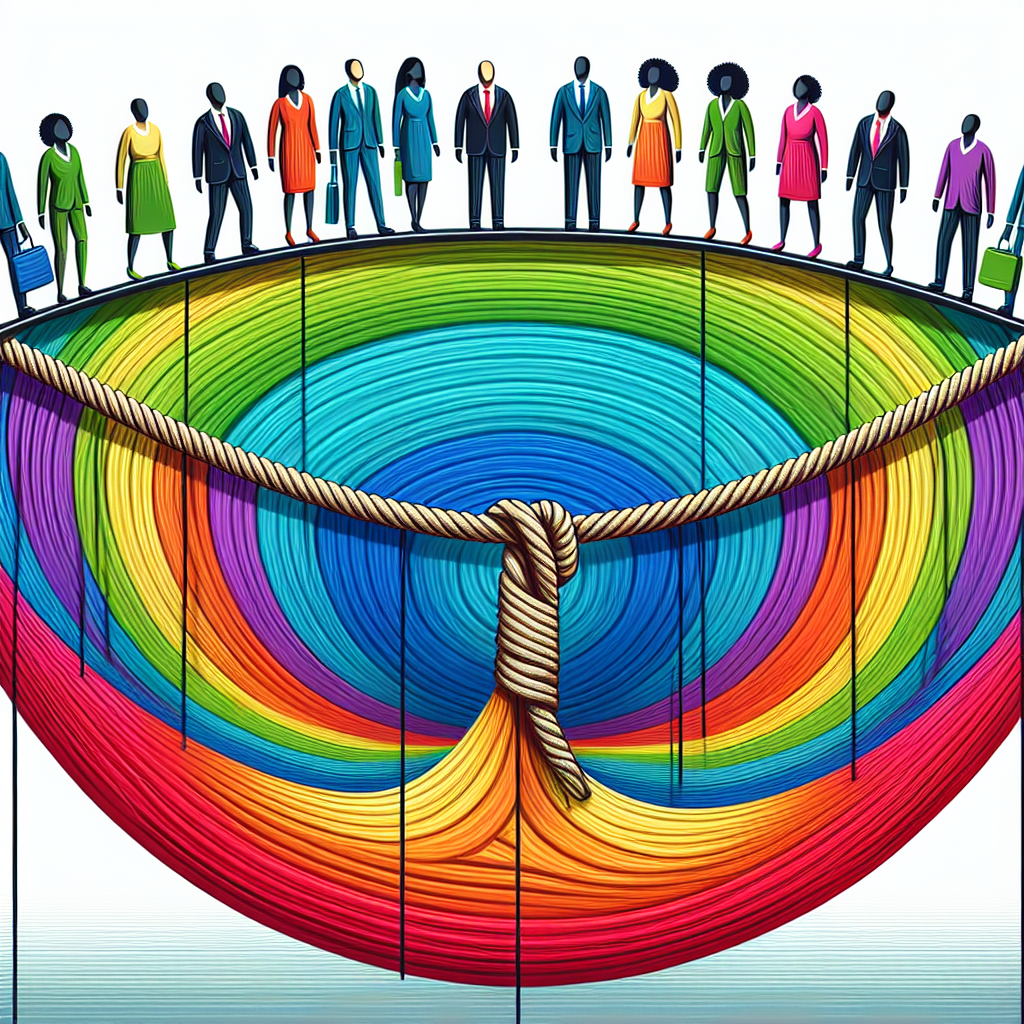Filed under Health Insurance on
Understanding the Role of a Health Insurance Adjuster

In the complex world of health insurance, myriad roles are crucial to ensuring the system functions smoothly and equitably. One such pivotal role is that of a health insurance adjuster. These professionals work tirelessly behind the scenes, ensuring that claims are processed accurately and fairly. But what exactly does a health insurance adjuster do? Why is their role so indispensable in the healthcare ecosystem? This article delves into the responsibilities and importance of health insurance adjusters, providing you with a clearer understanding of their integral contributions.
What Does a Health Insurance Adjuster Do?
A health insurance adjuster is tasked with reviewing and processing claims related to health insurance policies. Their primary role is to determine the extent of the insurance company’s liability and settle claims accordingly. This involves scrutinizing medical bills, reviewing patient records and treatment plans, and coordinating with healthcare providers and policyholders.
The Claims Process
The claims process is initiated when a policyholder submits a claim for services rendered. A health insurance adjuster reviews this claim to verify several key factors:
- Authenticity of the claim – ensuring the services were actually provided.
- Accuracy of the billing – confirming the billed amount aligns with agreed-upon rates and services.
- Policy coverage – verifying that the treatments or services fall under the coverage stipulated in the insurance policy.
Once these checks are complete, the adjuster decides on the claim's validity and processes the payment if the claim is legitimate. In cases where discrepancies or fraudulent claims are detected, further investigation is carried out.
Communication and Coordination
Effective communication is another critical aspect of a health insurance adjuster's role. They frequently interact with:
- Policyholders: To clarify policy details and inform them about claim decisions.
- Healthcare Providers: To acquire necessary documentation and discuss discrepancies.
- Internal Teams: To coordinate with underwriters and customer service teams to ensure the claim is handled efficiently.
For instance, consider a scenario where a patient undergoes a surgical procedure. The adjuster will communicate with the hospital to confirm the procedure details, check the policyholder's coverage limits, and discuss any discrepancies in the billing.
Skills and Qualities of an Effective Health Insurance Adjuster
To excel in their role, health insurance adjusters must possess a blend of technical knowledge and interpersonal skills. Some essential skills and qualities include:
- Analytical Skills: Ability to scrutinize claims details, medical bills, and policy conditions.
- Attention to Detail: Picking up on small discrepancies that could indicate larger issues.
- Communication Skills: Clearly articulating policy terms and claim outcomes to diverse audiences.
- Negotiation Skills: Resolving disputes between the insurer and policyholders or healthcare providers.
- Empathy: Understanding the policyholder's perspective, especially during stressful health incidents.
The Importance of Health Insurance Adjusters
Health insurance adjusters play a crucial role in maintaining the integrity and efficiency of the insurance claims process. Here are some of the key reasons why their role is indispensable:
Ensuring Fairness and Accuracy
Health insurance adjusters ensure that claims are processed fairly and accurately. By meticulously reviewing each claim, they prevent overpayment or underpayment, maintaining financial stability for insurance companies and ensuring that policyholders receive their rightful benefits.
Fraud Detection and Prevention
Fraudulent claims remain a significant challenge in the health insurance industry. Adjusters help mitigate this risk by identifying suspicious patterns and coordinating with investigative teams to verify claims. For example, if an adjuster notices multiple large claims from the same policyholder within a short period, they may flag it for further inspection.
Cost Management
By ensuring that only legitimate claims are settled, adjusters help insurance companies manage costs effectively. This, in turn, helps keep insurance premiums more stable for all policyholders. Through their work, adjusters contribute to a sustainable and fair insurance ecosystem.
Real-Life Examples
To illustrate the vital role of a health insurance adjuster, consider the following example:
- Example 1: A policyholder submits a claim for a complex surgery including several expensive procedures. The adjuster reviews the claim, verifying that each line-item cost is justified and covered under the policy. They notice a billing error where one procedure was charged twice, saving the insurer from overpaying.
- Example 2: A policyholder claims for a medical service that falls outside the coverage area. The adjuster thoroughly reviews the policy terms and negotiates with the healthcare provider on the policyholder's behalf to reduce costs associated with the out-of-network service.
FAQs about Health Insurance Adjusters
1. What qualifications are needed to become a health insurance adjuster?
Typically, a health insurance adjuster needs a high school diploma or equivalent, although a bachelor’s degree in finance, business, or a related field is often preferred. Many employers also require adjusters to obtain specific licensing or certifications.
2. How does a health insurance adjuster differ from a claims adjuster?
While both deal with claims, a health insurance adjuster specializes in health-related claims, focusing on medical billing, healthcare policies, and interacting with medical providers. A general claims adjuster may handle a broader range of insurance types, such as auto or property claims.
3. How long does it take for a health insurance adjuster to process a claim?
The time for processing a claim can vary depending on the complexity. Simple claims may be processed within days, while more intricate cases involving extensive documentation and investigation might take several weeks.
4. What should policyholders do if they disagree with a claim decision?
If policyholders disagree with a claim decision, they should first review the explanation of benefits for any discrepancies. They can then contact the adjuster or the insurance company for clarification and potentially appeal the decision through the company’s formal grievance process.
5. Can technology help health insurance adjusters in their work?
Yes, technology significantly aids health insurance adjusters. Advanced software solutions streamline claims processing, enhance fraud detection capabilities, and improve data analysis accuracy, allowing adjusters to make informed decisions efficiently.





